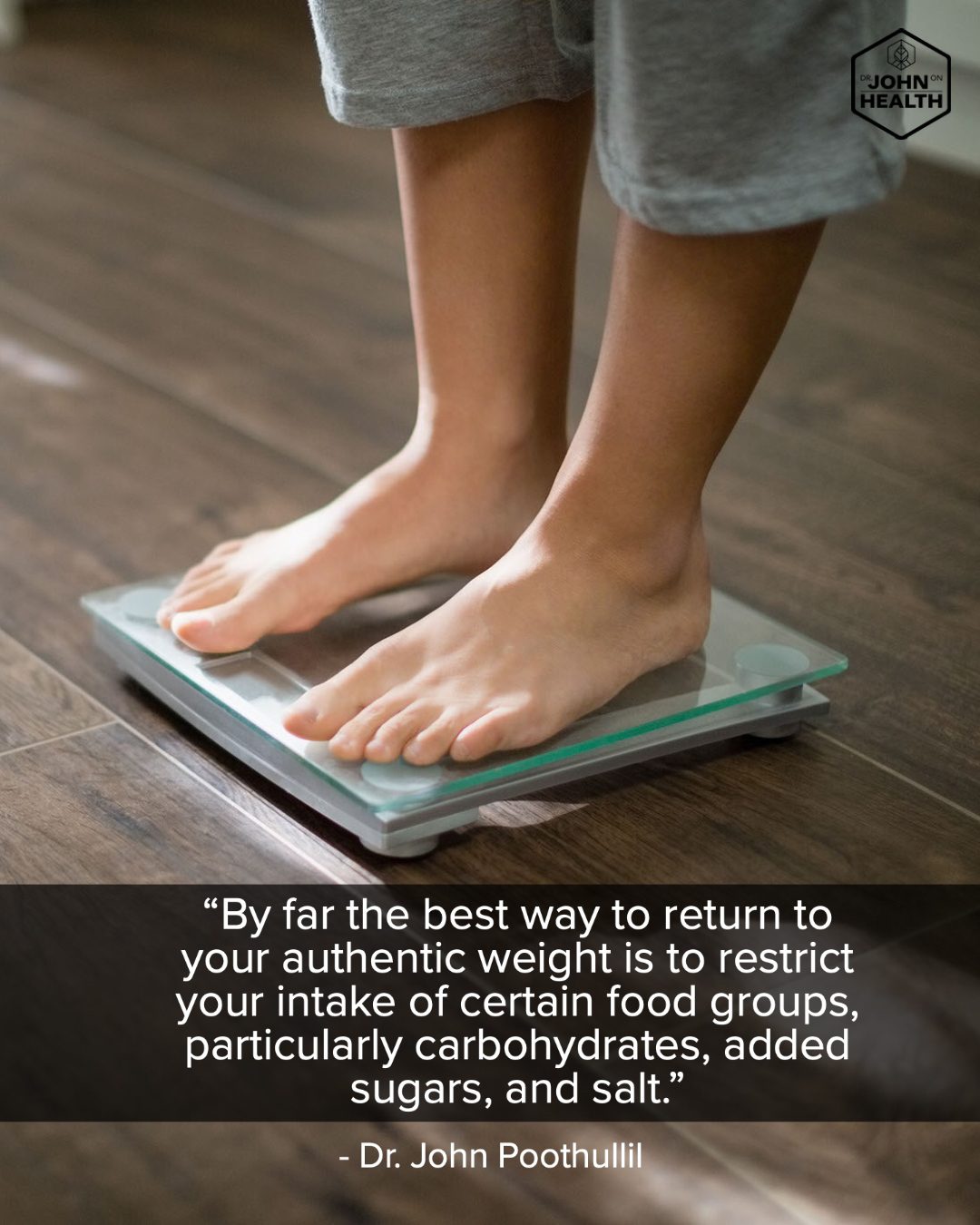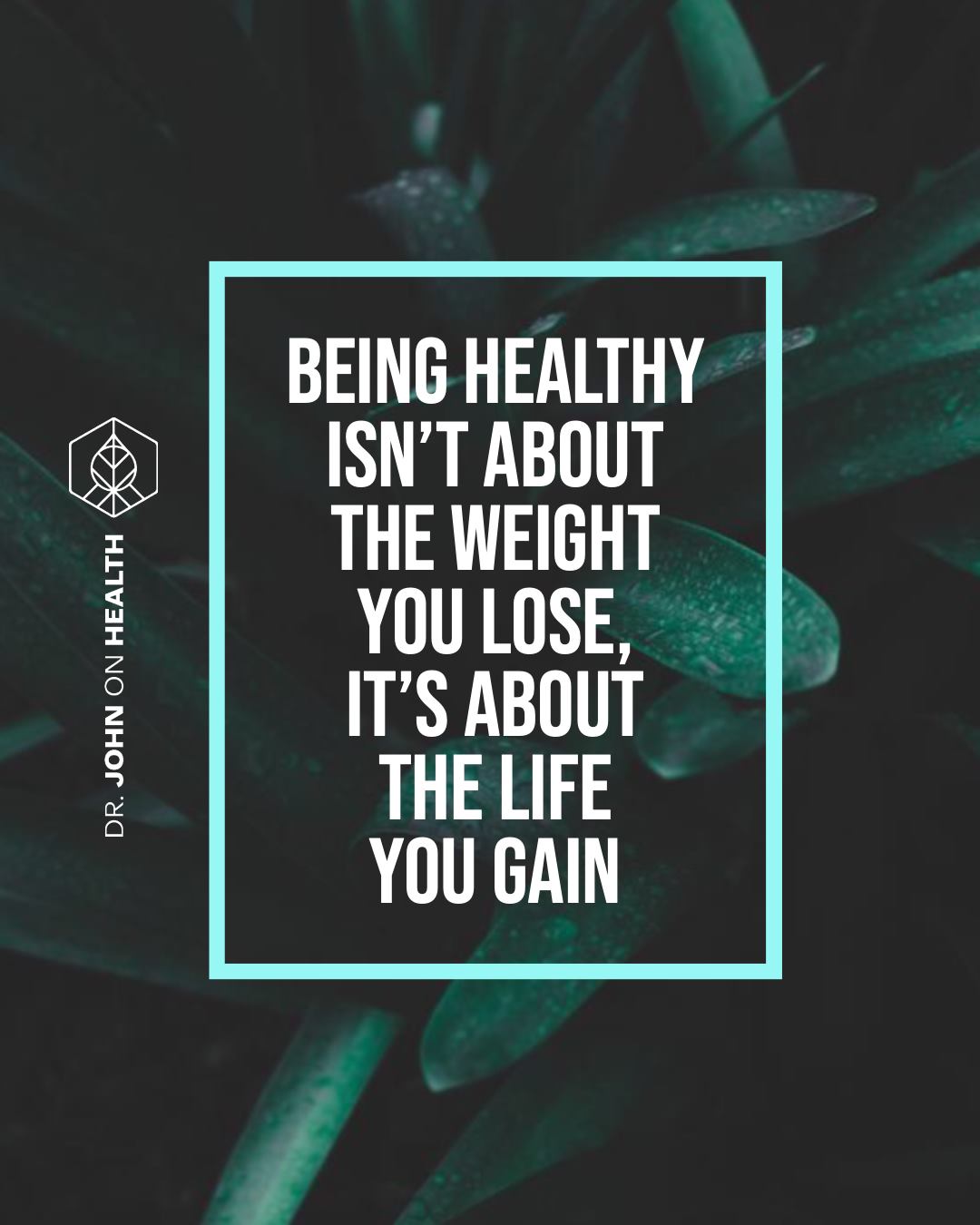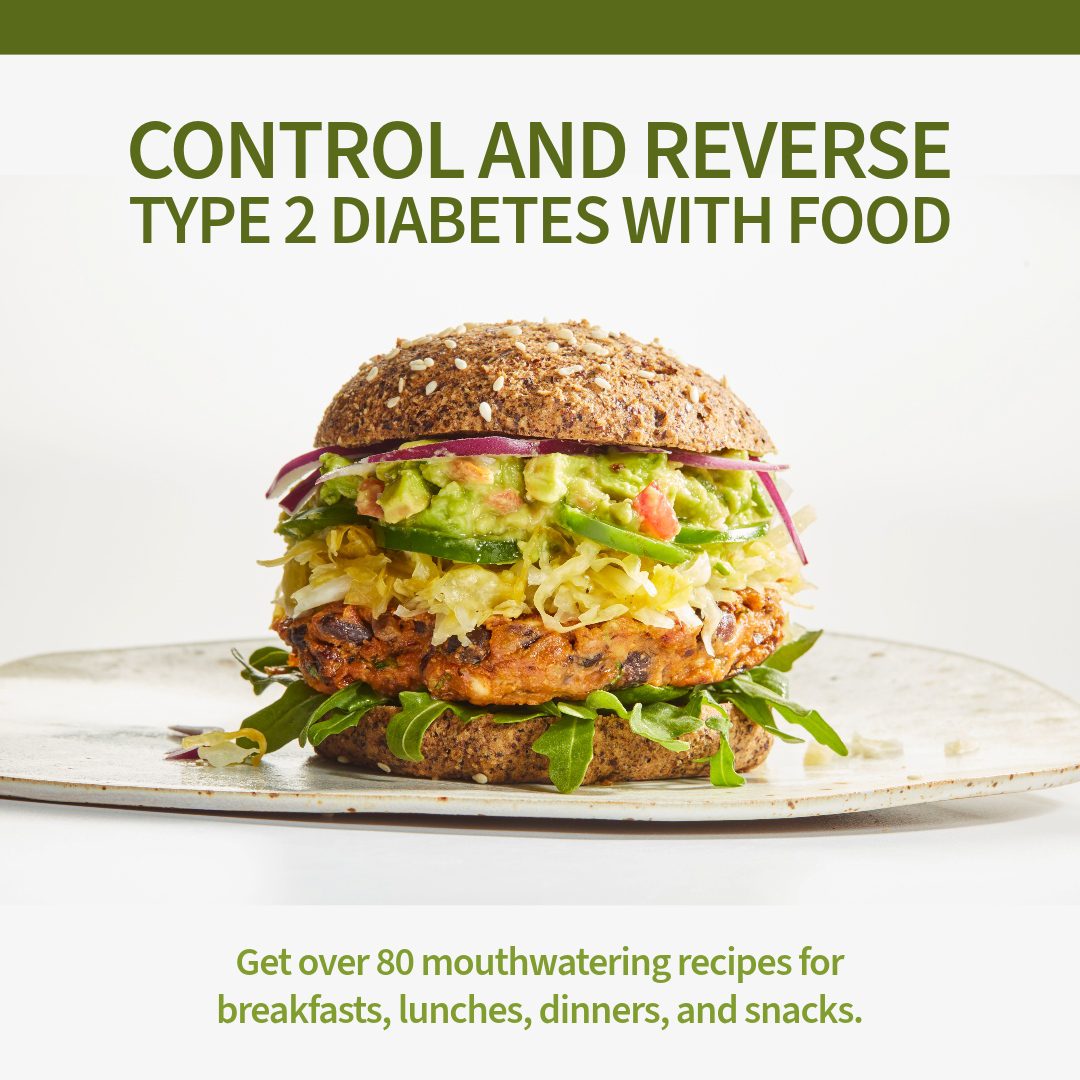
Nearly all weight loss programs are based on the same premise: cut down your intake of food calories and/or increase your exercise to burn more calories. Effectively, they all use the same “calories-in calories-out” approach.
This can be effective for some people for some amount of time, but it does not work for everyone. Even for those people who achieve their weight loss goal, it usually does not stick in the long run. They have cravings for foods that they enjoyed in the past, or they travel and want to try new foods, or they attend parties and family get-togethers, where it is almost impossible to resist eating, regardless of their willpower. Gradually they fall back to their old way of eating and regain the weight they lost, and perhaps gain even more.
I suggest it helps to understand and reflect seriously on why you are tempted to eat more food than your body needs from meal to meal. This means that you have to pay attention to the reason why you decide to eat any meal, however small it may be. Here is a summary of three reasons why people overeat; think about whether you are prone to any of these rather than eating only when your body sends you the hunger signal.
Eating for the pure enjoyment of it, even when you are not hungry.
I suggest that non-hunger eating begins as a temporary and occasional event, done without recognizing its long-range ramifications. It then becomes a habit based on one’s enjoyment of food, an experience that triggers the brain to generate dopamine, the pleasure hormone. Here’s what happens…
In many adults, the habit of overeating starts as being incidental to other events, such as family picnics, holiday dinners, or any other social occasion with others. It is not a deliberate act of overeating, but a random occurrence. The brain forms a connection between eating and enjoyment. The more these “extra” eating events occur in one’s early life, the more the connection is reinforced. Whether you are hungry or not, if food is available and appealing, you learn to feel that it is good to eat it without any consequences.

Little by little, you begin to rationalize overeating in these circumstances. The enjoyment of discovering new foods and the pleasure of eating them, as well as the association of food with positive memories, eventually overcomes your natural inclination to wait to eat until you truly feel hungry. In this way, you begin to establish a behavior of eating when simply stimulated by the sight, smell, or even just the thought of food rather than by your body’s hunger signals.
The connection between food and enjoyment is stored in your memory and expresses itself without any conscious or deliberate effort. Smelling food being cooked, walking into a colorful supermarket, passing by a restaurant—all these trigger a pleasurable feeling caused by the release of the neurohormone dopamine, and you are prompted to want food. You look forward to enjoying a variety of good quality, tasty foods. Or you get a craving for one food in particular.
Once this rationale is established, even your awareness of potential adverse long-term consequences such as weight gain, high blood sugar, high blood cholesterol, or high blood pressure may not be a sufficient deterrent to prevent you from overeating. The behavior continues, even when the consequences are damaging.
Eating when hungry at first, then overeating until your stomach feels full.
You may start eating in response to the sensation of hunger but rather than stopping when your hunger is satisfied, you don’t stop eating until your stomach feels full and almost uncomfortable. You may have started this way accidentally by overeating at family events, parties, business meetings, or trips to new places where food is inexpensive, or you are allowed to eat all you can for the same price.

Think about this: most people don’t drink until their stomach is full; they stop when their thirst is quenched. But the more times you eat until you feel full, rather than satiated, the more you begin to expect that full feeling. Overeating ensues and it becomes harder to achieve and maintain your authentic weight.
Eating to relieve stress and anxiety.
Stress is a stimulus that you consider harmful to your safety, security, and well-being. People often experience stress as the result of two powerful feelings: fear and pain. This, in turn, induces the stress response that results in the release of hormones such as adrenaline and cortisol. Eating food can lower the amount of adrenaline released, and thus a person who is stressed may turn to food to mitigate the unpleasant effects of stress in the body.
People who tend to overeat often do so for two or three of these reasons rather than just one. The commonality among these is that they all demonstrate that when we overeat, we override the brain’s hunger and satisfaction signals.

As a best-selling author and Nationally Syndicated Columnist, Dr. John Poothullil, advocates for patients struggling with the effects of adverse lifestyle conditions.
Dr. John’s books, available on Amazon, have educated and inspired readers to take charge of their health. There are many steps you can take to make changes in your health, but Dr. John also empowers us that we must demand certain changes in our healthcare system as well. This article is an excerpt taken from “Diabetes: The Real Cause and the Right Cure”, now available in a second edition.
Follow or contact Dr. John at drjohnonhealth.com.
John Poothullill practiced medicine as a pediatrician and allergist for more than 30 years, with 27 of those years in the state of Texas. He received his medical degree from the University of Kerala, India in 1968, after which he did two years of medical residency in Washington, DC and Phoenix, AZ and two years of fellowship, one in Milwaukee, Wisconsin and the other in Ontario, Canada. He began his practice in 1974 and retired in 2008. He holds certifications from the American Board of Pediatrics, The American Board of Allergy & Immunology, and the Canadian Board of Pediatrics.During his medical practice, John became interested in understanding the causes of and interconnections between hunger, satiation, and weight gain. His interest turned into a passion and a multi-decade personal study and research project that led him to read many medical journal articles, medical textbooks, and other scholarly works in biology, biochemistry, physiology, endocrinology, and cellular metabolic functions. This eventually guided Dr. Poothullil to investigate the theory of insulin resistance as it relates to diabetes. Recognizing that this theory was illogical, he spent a few years rethinking the biology behind high blood sugar and finally developed the fatty acid burn switch as the real cause of diabetes.Dr. Poothullil has written articles on hunger and satiation, weight loss, diabetes, and the senses of taste and smell. His articles have been published in medical journals such as Physiology and Behavior, Neuroscience and Biobehavioral Reviews, Journal of Women’s Health, Journal of Applied Research, Nutrition, and Nutritional Neuroscience. His work has been quoted in Woman’s Day, Fitness, Red Book and Woman’s World.Dr. Poothullil resides in Portland, OR and is available for phone and live interviews.
To learn more buy the books at: amazon.com/author/drjohnpoothullil
Visit drjohnonhealth.com to learn more. You can also contact him at john@drhohnonhealth.com.
Or follow us on:
Instagram: instagram.com/DrJohnOnHealth
Facebook: facebook.com/JohnOnHealth /
Twitter: twitter.com/DrJohnonHealth
Youtube : @DrJohnPoothullil
